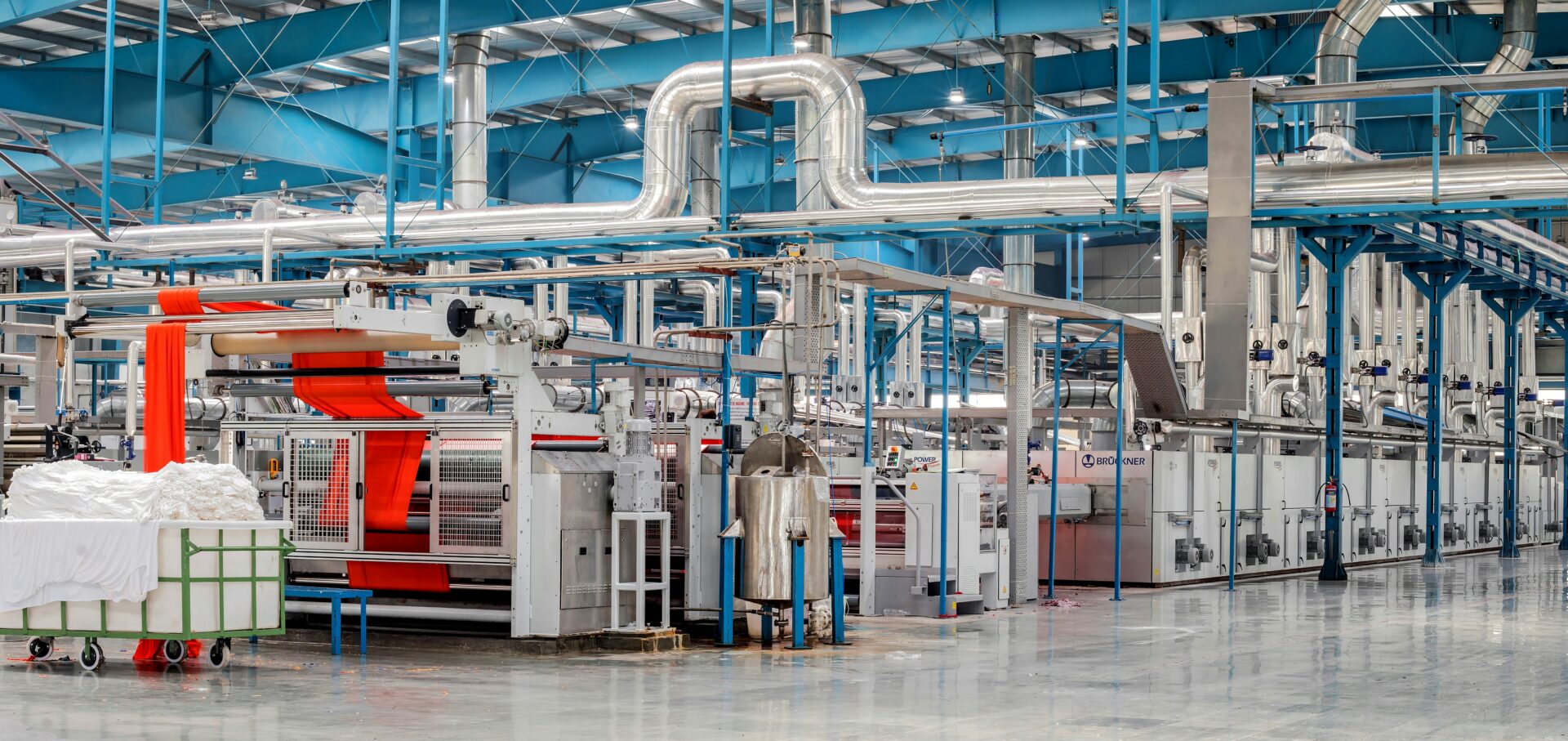Synthetic Biology: market drivers, challenges and R&D oppo...
Synthetic biology (or SynBio) is an exciting intersection of biology and engineering, which promi...

Energy efficiency is a key component of running a sustainable business, especially for those that are energy intensive such as manufacturers. With wholesale gas prices remaining stubbornly high, many organisations are still facing expensive energy bills.
While there have been some signs of improvement, the ongoing conflict in Ukraine continues to drive uncertainty in the energy market. To future-proof against any further price turbulence, businesses should look at how they can become more technologically efficient as well as reducing the amount of energy they use. Happily enough, this would also help the UK achieve its net zero targets for decarbonising the economy and delivering a greener future for all.
Fortunately, there are numerous clear steps that businesses can take to make meaningful changes. This blog presents our advice on how energy-intensive businesses can become more sustainable and efficient to lower their energy bills.
There are several ways that energy-intensive businesses can improve their energy efficiency and reduce their energy usage, including:
Below, we explore each of these options in more detail.
Commercial energy audits (also known as business energy audits) can help you to understand where your business can make savings. Like a home energy audit, organisations can receive an Energy Performance Certificate (EPC), which rates your energy using grades from A to G (A being most efficient).
Audits need to be carried out by a commercial energy assessor. After the audit, your Energy Performance Certificate (EPC) will allow you to put together a strategy to improve your energy efficiency based on your new understanding of the areas where you are using the most energy or where your energy usage is least efficient.
Older machinery tends to be less energy efficient than newer models. Upgrading to more modern equipment can greatly reduce energy consumption and improve overall efficiency. Additionally, investing in energy-saving technologies such as variable-frequency drives or high-efficiency motors can further enhance the performance of your machinery.
Of course, replacing all of your machinery at once might be prohibitively expensive. A more cost-effective approach would be to replace10% of your old machinery every year over a 10-year cycle, making the switch to energy-saving technology much more manageable.
If you’re not sure where to start, the UK Government provides an Energy Technology List. This list is aimed at manufacturers and details recommended energy-efficient plant and machinery such as boilers, uninterruptible power supplies, motors and drives and refrigeration equipment.
Switching to energy-efficient lighting options, such as Efficient White Lighting Units or LEDs, can significantly reduce energy consumption. LEDs use up to 90% less energy than traditional halogen bulbs, use less carbon, and have a longer lifespan, providing immediate and long-term savings.
When boilers operate at a lower temperature, they need less fuel to heat the water or space, reducing energy usage and increasing efficiency. This not only helps in curbing high energy costs but also minimises greenhouse gas emissions. Also, the lower flow temperature reduces wear and tear on the boiler system, extending its lifespan and reducing maintenance and repair expenses.
Proper insulation can help maintain a comfortable indoor temperature while reducing the need for energy-intensive heating and cooling systems. Pipework insulation can reduce heat loss and wastage.
It’s also worth updating heating systems to more efficient models or exploring alternative methods, such as heat pumps, radiant and warm air heaters or combined heat and power (CHP) systems, which can also contribute to significant energy savings.
Movement sensors are capable of shutting down entire parts of buildings or factories if an area isn’t in use – reducing the reliance on the last person to leave needing to switch off all the lights! But it’s not just about using sensors to control lighting.
SMART meters and heating and cooling systems can also prevent unnecessary energy usage. Implementing SMART energy management systems allows businesses to monitor and optimise their energy consumption, further enhancing efficiency.
Just a few years ago, solar power was not an ideal solution for many businesses seeking to reduce their energy bills because of the amount of costs versus the payback period. Today, with higher energy prices, the payback period has decreased significantly making this a much more attractive solution.
There are also alternative methods of heating and cooling buildings such as solar thermal collections and heat pumps. These systems are more efficient than traditional systems and can help reduce both costs and emissions associated with heating buildings.
There are several of compensation schemes that help mitigate the impact of renewables policies, including Energy-Intensive Industries (EII), UK ETS Compensation (UKETS) and Climate Change Levy (CCL). If your business is energy-intensive, a metals manufacturer for example, you may be able to claim significant relief on your bills. You can find out more by visiting our Energy Tax Relief page.
If you enjoyed this article, you may also like:
Explore our latest insights

Synthetic biology (or SynBio) is an exciting intersection of biology and engineering, which promi...

Even in the best of circumstances, we know that it can be challenging to balance a successful car...

Small and Medium-sized enterprises (SMEs)are the lifeblood of innovation in the UK. We’ve dived i...

Full expensing is a first-year allowance that allows businesses to reduce their tax liability and...